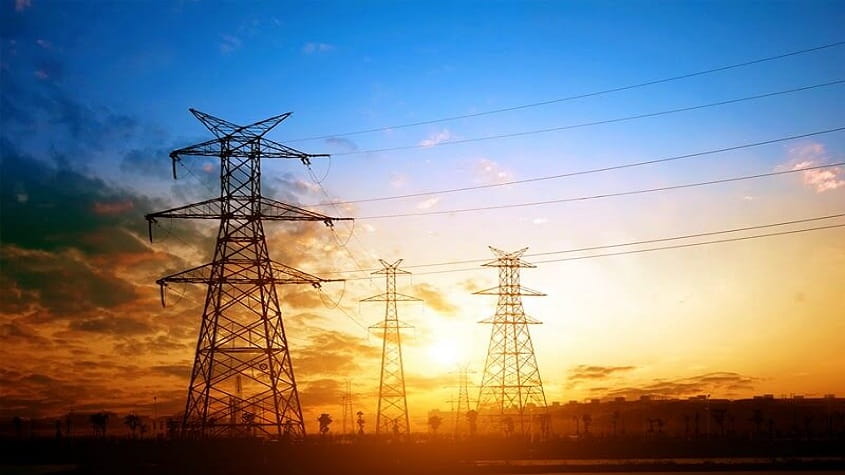Western Australia’s regional electricity provider Horizon Power is conducting a body of research over the next three years with the aim of increasing distributed photovoltaic system penetration throughout its remote networks.
The research consists of a series of trials and experiments on behind-the-meter distributed energy systems in Carnarvon to help overcome the technical constraints associated with a high-penetration distributed energy resource future.
Horizon Power has received funding support from the Australian Renewable Energy Agency on behalf of the Australian Government, to trial a variety of distributed energy resource technologies including rooftop solar, battery storage systems and inverters with remote monitoring and control devices.
These technologies will enable the utility to collect a broad range of data, which will be used to explore the most economically efficient way to design and manage a microgrid with very high levels of DER and reduce dependence on centralised fossil-fuelled generation.
A team of researchers from the School of Engineering and Information Technology at Murdoch University will assist Horizon Power with the analysis of the data, and the development of control strategies using photovoltaic and battery system management and short-term solar forecasting tools.
Murdoch University Dean of Engineering and IT Professor Bogdan Dlugogorski said the university was at the forefront of developing solutions for some of the world’s big challenges and working with partners to apply these solutions across the State.
“We welcome the opportunity to apply our research expertise to develop sustainable renewable energy solutions for regional Western Australia,” he said.
Horizon Power Managing Director Frank Tudor said the trials are an important step to overcoming barriers associated with renewable energy development.
“This cutting-edge research is supporting the development and refinement of technological solutions that advance a renewable energy future.“Horizon Power is partnering with Murdoch University because of their capability in state-of-the-art power engineering, renewable energy forecasting and network integration and big data analysis, to ultimately increase the amount of network capacity available for renewables.”


































